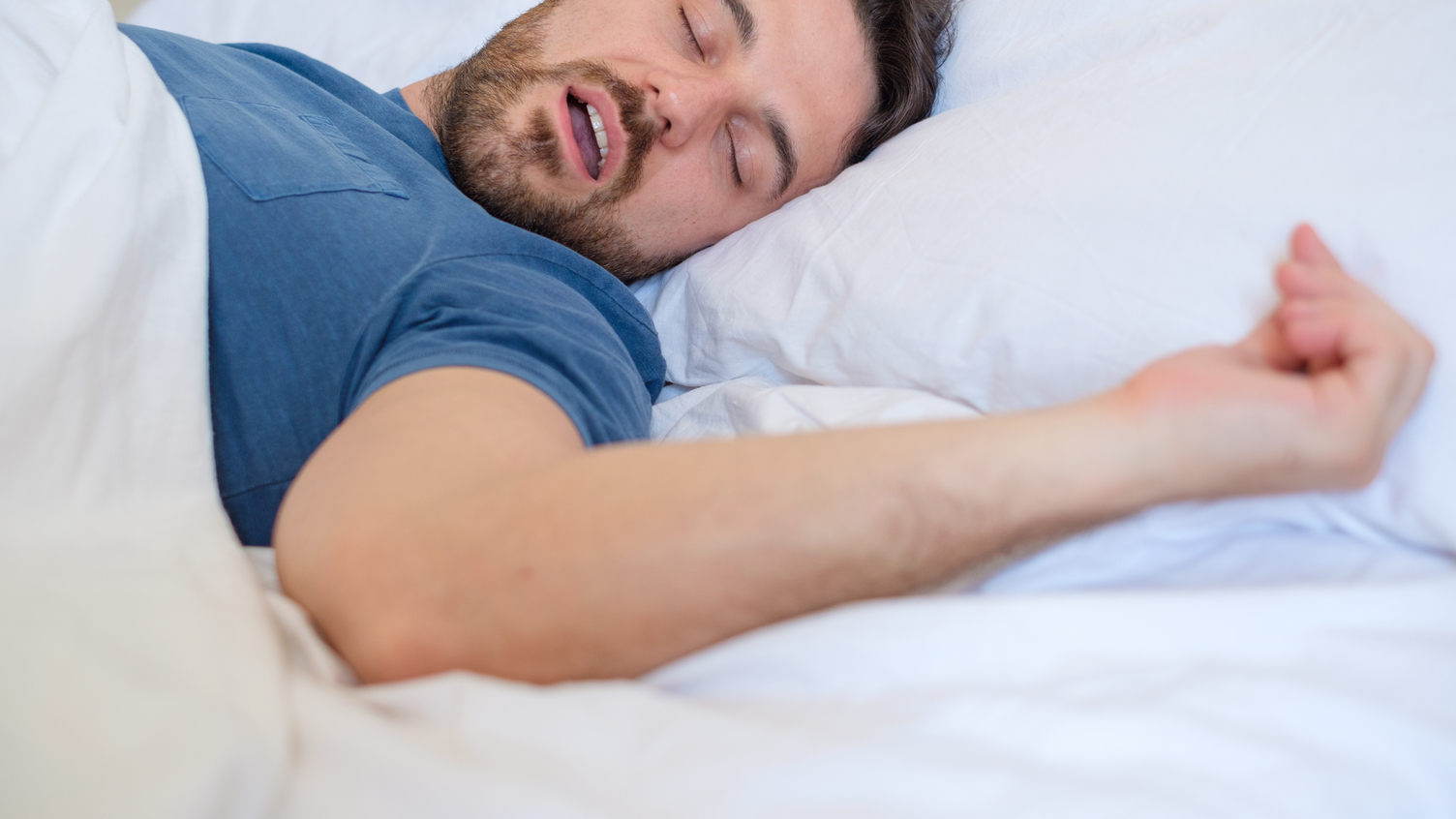Obstructive Sleep Apnea (Saskatchewan, Canada)

About this PSP
The Obstructive Sleep Apnea (Saskatchewan, Canada) PSP was established in 2019 by the Respiratory Research Centre at the University of Saskatchewan. Obstructive Sleep Apnea (OSA) has a high prevalence in Canada and, despite the prevalence of OSA, it remains an under-diagnosed public health concern.
The Obstructive Sleep Apnea (Saskatchewan, Canada) PSP Top 10 was published in February 2022.
In recognition of Sleep Week 2022, and especially World Sleep Day on 18th March, the Respiratory Research Centre (RRC) launched 3 animated videos with a focus on the diagnosis, treatment, and follow-up for obstructive sleep apnea (OSA). These videos were produced with the help of patient partners and LungSask. During their JLA PSP, the RRC discovered that there were many questions from the public that were already answered but, were not easily accessible to OSA patients and families. The RRC developed these animated shorts in an attempt to close that knowledge gap.
Link to Videos: https://medicine.usask.ca/respiratoryresearch/jla-survey.php#SleepApneaVideos
See more news from this PSP: March 2022, April 2020
PSP website
Articles and publications
Key documents
Obstructive Sleep Apnea PSP Protocol
Top 10 priorities
- How can a diagnosis of obstructive sleep apnea (OSA) be made easier to obtain?
- How can treatment of obstructive sleep apnea (OSA) be more affordable?
- How can access, coordination, and quality of public services be improved for persons with obstructive sleep apnea (OSA)?
- What are important considerations when treating a patient with obstructive sleep apnea (OSA) who has other chronic health conditions?
- How can obstructive sleep apnea (OSA) services to rural areas be improved?
- How can obstructive sleep apnea (OSA) services to Indigenous peoples be improved?
- Are there other therapies that could be used along with Continuous Positive Airway Pressure (CPAP) to improve obstructive sleep apnea (OSA) and under what circumstances?
- How can the treatment and care of obstructive sleep apnea (OSA) in long-term and residential care settings be improved?
- How do lifestyle changes (such as weight loss, exercise and stress reduction) affect the need for ongoing Continuous Positive Airway Pressure (CPAP) treatment?
- How often should Continuous Positive Airway Pressure (CPAP) therapy be re-evaluated by a health care provider?
The following questions were also discussed and put in order of priority at the workshop:
- What should be done if the patient does not notice any difference after beginning/receiving Continuous Positive Airway Pressure (CPAP) treatment?
- What can be done to improve sleep quality for people with obstructive sleep apnea (OSA)?
- Can obstructive sleep apnea (OSA) be permanently eliminated?
- Can Continuous Positive Airway Pressure (CPAP) therapy ever be stopped and under what circumstances?
- Apart from Continuous Positive Airway Pressure (CPAP), what other ways (including alternative therapies and physical or breathing exercises) could effectively treat OSA?
- How do bed surfaces, pillows and sleeping position affect the symptoms of Obstructive Sleep Apnea?
Document downloads
For full details of all of the questions identified by this PSP, please see the document below.